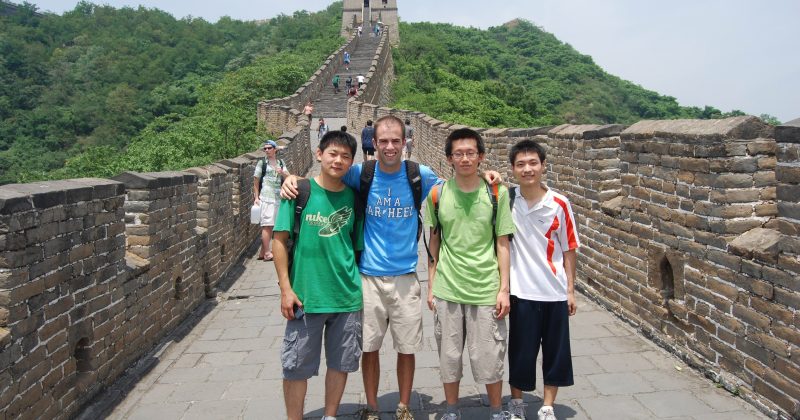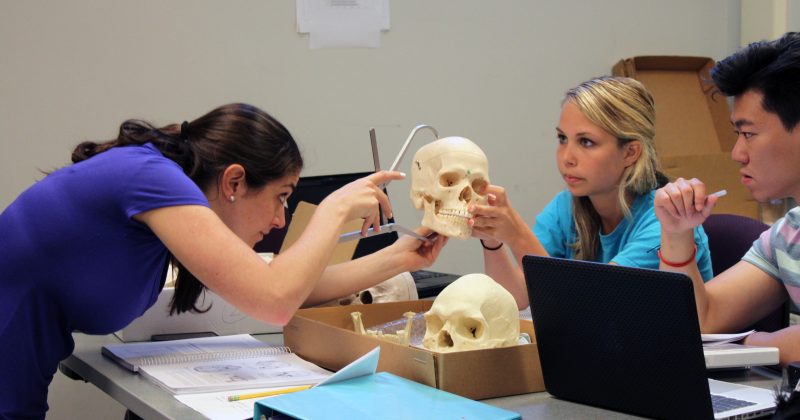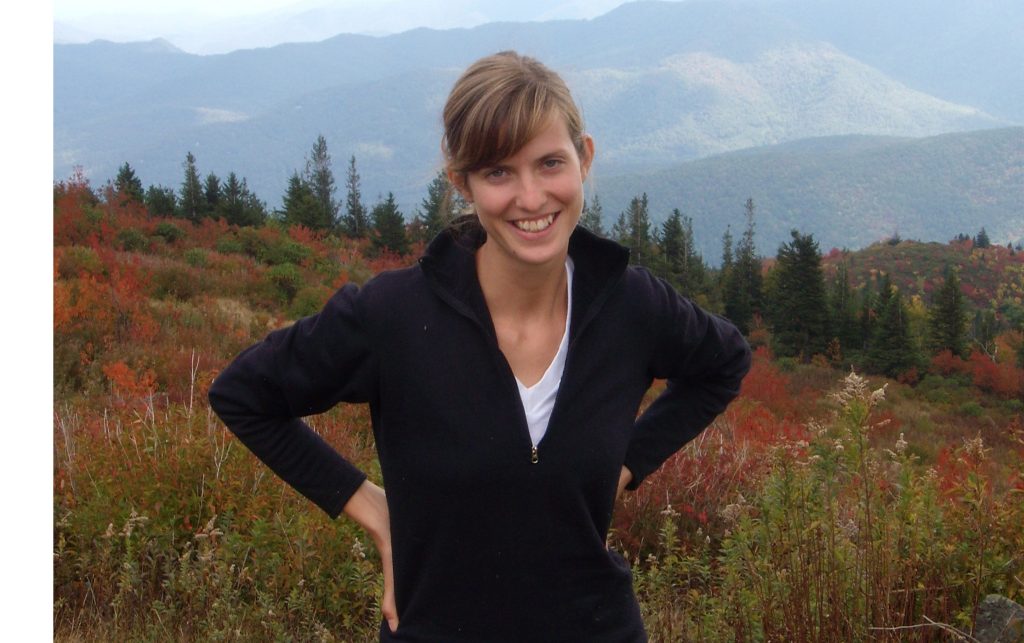
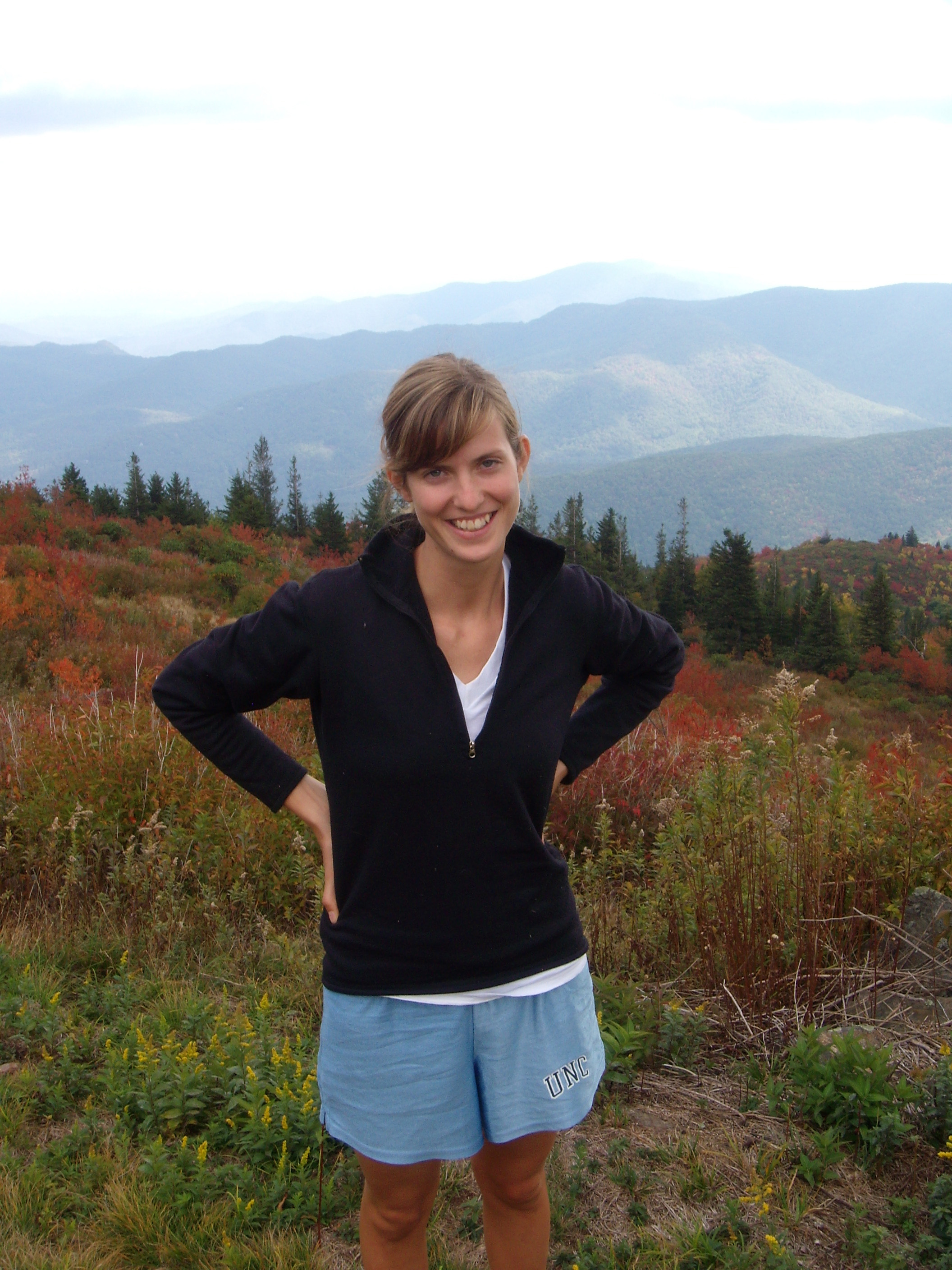
Sallie Senseney ’10 came to teach biology because she herself had three early and impressive teachers who shared with her the wonders of nature. Two were her father and mother, both school teachers. The other was an island.
Her father taught high school biology on Ocracoke Island on North Carolina’s Outer Banks. The family had no television. When Senseney wasn’t in his classroom, she explored the sandy, windy, wild laboratory of coastal life.
“We all had a bicycle and kids kind of had free rein of the island back then because there was very little traffic,” recalled Senseney, who graduated from UNC with a degree in biology and teaching credentials.
When Senseney was in third grade, her parents moved to the mountains for new teaching jobs. She graduated from Mountain Heritage High School in Burnsville, N.C.
In 2010, she completed the UNC-BEST program (Baccalaureate Education in Science and Teaching) and returned to her Yancey County high school with plans to make a difference.
She’s been teaching 10th grade general and honors biology, along with AP biology to college-inclined 11th and 12th graders.
“Generally the area is pretty poor, and it’s very rural,” Senseney said. “One of the challenges is making science relatable to students who don’t think of themselves as scientists.”
UNC-BEST is a collaboration between the College of Arts and Sciences and School of Education that began in 2008. The fast-track program allows science and math majors to obtain N.C. teaching credentials and undergraduate degrees in four years. Seventy-four students have graduated; an additional 45 students are currently enrolled.
One goal of the program is to place teachers in high-need districts — to date, they’ve taken jobs in the following cities and counties: Charlotte-Mecklenburg, Alamance-Burlington, Guilford, Yancey, Surry, Stokes and Durham.
“Our graduates are catalysts for change —visionaries who are not content with the status quo but rather have a strong commitment to continual improvement,” said Catherine Scott, a clinical assistant professor in the School of Education and UNC-BEST coordinator.
Mountain Heritage is small — about 750 students. Many students are attracted to vocational classes like carpentry, auto mechanics or a certified nursing assistant program. Senseney appreciates that, but hopes to spark an interest in college among those who’ve never considered it.
It’s tricky convincing 10th graders to see the relevance of topics like molecular biology, whole organisms and ecology. Senseney tries to find a hook.
Many of her students hunt or fish, which is helpful when teaching anatomy or discussing population dynamics and how humans can affect the population of deer.
Students also discuss environmental regulations, health and preservation.
UNC-BEST had a big impact on her teaching style. Senseney runs a student-centered classroom. She strives to be “super-visible” and constantly circulates among her charges.
There’s minimal lecturing. Senseney gives students a variety of ways to practice and demonstrate what they’ve learned. She didn’t have her own classroom until last year and had to push a cart from room to room. She made colorful cards with vocabulary words, where students matched definitions to form a puzzle.
When students have questions, Senseney doesn’t rush to provide answers. Instead, she asks questions to lead them in the right direction. “Over and over again, I find myself saying, ‘You know this. Use your brain.’”
Two years ago, Senseney mentored a troubled student who did time in a juvenile detention facility and considered dropping out of school because of mounting court fees. “This doesn’t make sense in the long run,” Senseney told him. She tutored him at lunch and after school. He graduated last year.
Senseney still loves connecting with nature as an adviser to Mountain Heritage’s Ecology Club. After school, she often runs on trails in Celo, a land trust community at the base of Mt. Mitchell. It’s a peaceful place.
She is off the clock then. But thoughts of tomorrow’s lesson plans are never far behind.
My job is to convince students that they should want to learn what I am trying to teach. I try to do this by making science real — making it relate to their lives right now.”
[ By Pamela Babcock ]
Published in the Fall 2013 issue | Tar Heels Up Close
Read More
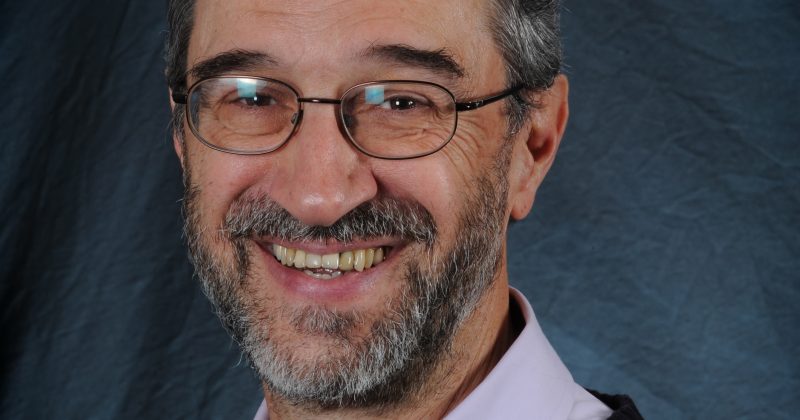
Aldrich wins lifetime entrepreneurship award
Sociologist Howard Aldrich has received a Lifetime Achievement Award from…


